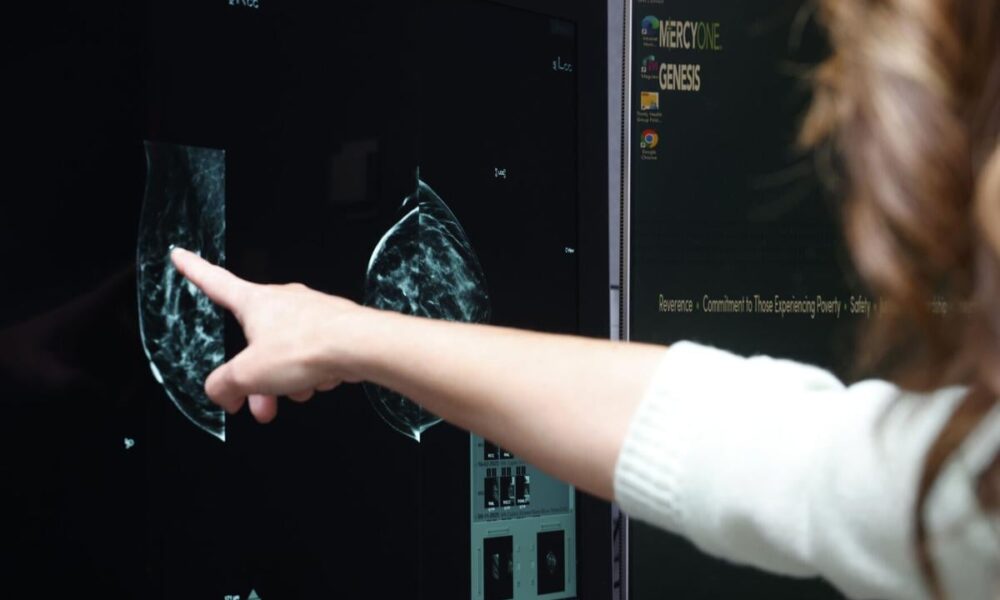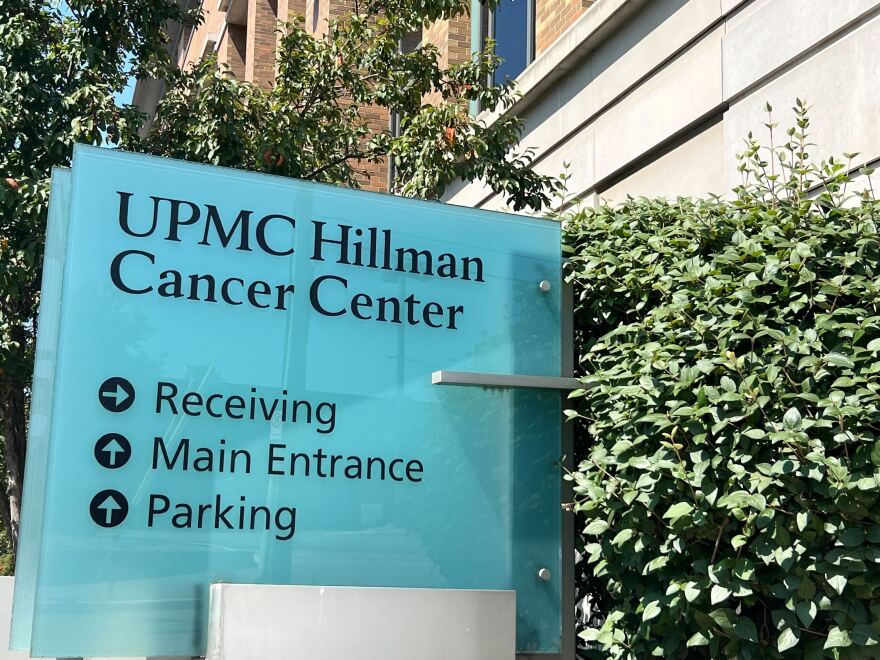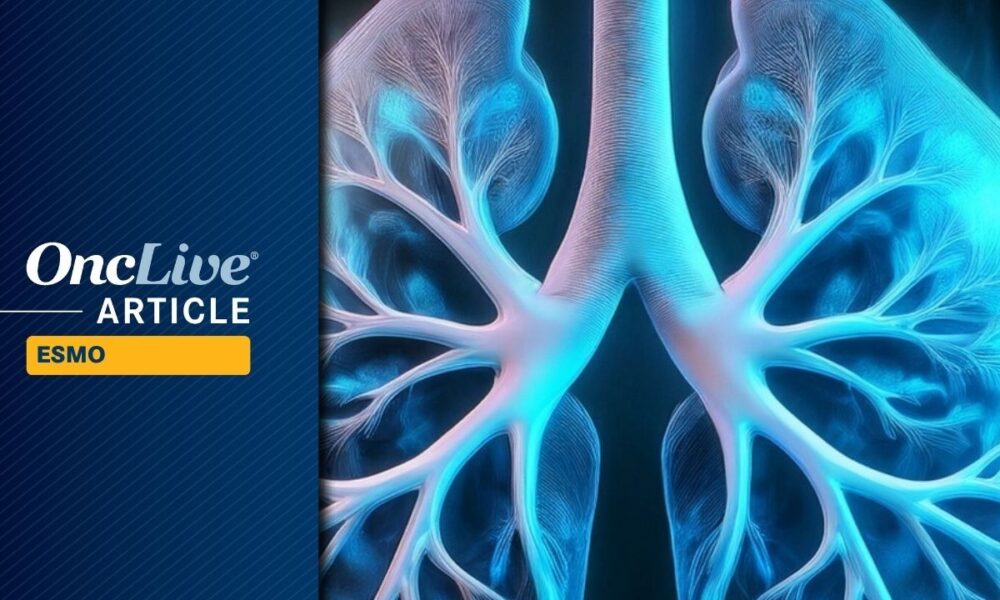Marissa Coreno, a 31-year-old from Ohio, faced an unexpected battle when she was diagnosed with Stage II breast cancer at just 27. In 2021, she was enjoying her newfound independence after moving out of her parents’ home and was dedicated to her fitness routine and job at a local hospital. Her life took a sudden turn when she discovered a lump in her armpit that she initially dismissed due to her age and the absence of a family history of cancer.
After her colleagues urged her to seek medical advice, an ultrasound revealed “questionable characteristics.” This was followed by a mammogram and a biopsy, leading to her diagnosis just three days later. Coreno described the moment as devastating, stating, “It took a while to process. I knew it was positive, and I knew I had breast cancer, but in my head, it was like ‘No way.'”
Rising Incidence Among Young Women
Breast cancer remains the leading cause of cancer-related deaths in women aged 20 to 49 in the United States. According to the Breast Cancer Research Foundation, the incidence rate for women under 50 is increasing at a faster pace than for those over 50. Dr. Mary Gemignani, director of the Women’s Early Onset Cancer Program at NYU Langone, noted a significant shift in the age of diagnosis over her 25-year career, now frequently seeing cases in women in their late 20s and early 30s.
While breast cancer in younger women is still relatively rare, the American Cancer Society estimates that approximately 1 in 1,344 women will develop the disease in their 20s. Young patients often lack regular screening, as mammograms are typically not recommended until age 40. Dr. Gemignani emphasized the importance of personalized treatment plans for younger women, who may face unique challenges such as fertility concerns.
Coreno sought comprehensive care and had open discussions with her oncologist, Dr. Baidehi Maiti of the Cleveland Clinic, regarding her treatment options. She expressed her determination to pursue every available avenue, stating, “Being so young and not having a lot of research… I was very protective.”
Facing Treatment and Finding Support
Coreno’s treatment journey began with four months of chemotherapy, which she described as “exhausting.” During this time, her family provided crucial support; her mother moved in to help care for her, while her father attended every medical appointment. Coreno experienced significant side effects, including hair loss and fatigue, making it difficult to maintain her previously active lifestyle.
In a moment of vulnerability, she ordered cookies from Crumbl, leading to a reconnection with a former classmate, Anthony. Their friendship blossomed into a romantic relationship, offering Coreno much-needed companionship during her challenging journey. She recalled their first date, saying, “He didn’t even mention the wig. We just had a great time.”
Following chemotherapy, Coreno underwent a double mastectomy, reconstruction surgery, and 25 days of radiation therapy. She started hormone therapy in March 2022, a regimen she will continue until 2032, aimed at reducing the risk of cancer recurrence. Dr. Maiti confirmed that Coreno is currently cancer-free, stating, “She has not let cancer define her life.”
Embracing Life After Cancer
The hormone therapy brought on menopause at an early age, presenting new challenges for Coreno, including hot flashes and sleep disturbances. Reflecting on her journey, she admitted that the emotional toll often hit hardest after treatment ended. “I thought this would be the easy part… after treatment was over is when what I went through hit me the most,” she explained.
As she adjusted to her new normal, her relationship with Anthony deepened, leading to their marriage in August 2024. The couple celebrated their honeymoon in Italy and marked their anniversary in Cancún, Mexico.
Coreno hopes that sharing her story will encourage others to pay attention to warning signs. “I just want everyone to realize that it seems like it will never be you… but it can happen to you,” she cautioned. “If you feel uncertain about anything, you need to speak up and get checked out. There is light at the end of the tunnel. Life is beautiful afterwards.”







